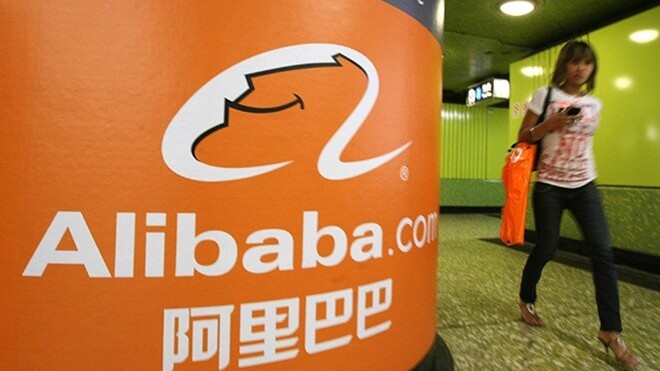
Chinese Internet giant Alibaba has claimed that threats from Google led to the cancellation of a planned launch of Acer’s latest smartphone in the country — the CloudMobile A800 — which is powered by the e-commerce firm’s Aliyun operating system.
In a post published to its website, the company claimed that the launch of the phone was being scrapped after Google “threatened to cancel Acer’s license to use Android” if it went ahead and released the 2,999 yuan ($473) smartphone.
A fuller statement from Alibaba, released to media after the event was cancelled, read:
We believe that by introducing the Aliyun OS we are giving consumers and hardware makers more options which is the foundation of a healthy and strong market. We think that it should be left to the market to decide.
The move comes just days after an Alibaba executive outed the company’s goal to beat Android in the Chinese market. Chief Strategy Officer Zeng Ming told The Wall Street Journal last week that Android is unable to provide a “good user experience” in the country.
Days earlier, Dave Chan, who heads up the Acer smartphone business in China, explained to the Journal why the firm had partnered with Alibaba.
“We chose Aliyun for the new smartphone because of the user experience it can offer. Aliyun is also easy for first-time users to navigate,” Chan said.
The CloudMobile A800 is not the first smartphone powered by Aliyun, the Linux-based platform that Alibaba announced last year, however Acer is the most significant brand to adopt it, to date. The most recent Aliyun launch saw Chinese manufacturer Haier unveil the ‘Zing’ in June, building on the momentum started when the Tianyu-produced K-Touch was introduced in July 2011.
The Aliyun platform runs Web-based apps from Alibaba’s remote servers. Though it comes with a host of applications — including mapping and email — devices are also able to install and use apps for Google’s Android system.
Aliyun is said to have been three years in the making, thanks to 1,600 engineers. Alibaba recently revealed it has sold more than 1 million Aliyun-powered phones but, for now, the platform remains a niche player in China’s smartphone market, which is the world’s largest based on shipment volume.
Though Android is the top smartphone operating system in China, with an estimated 80 percent market share, Google faces competition from local vendors like Alibaba, Xiaomi and Baidu, that are looking to push their own mobile products.
The Chinese government was reported to have sought reassurances around the continued openness of Android when it agreed to greenlight Google’s $12.5 billion acquisition of Motorola Mobility. Though Aliyun isn’t Android-based, allegations that Google is pressuring handset makers is sure to stir up fresh trouble in the country.
Google declined to comment on the matter when contacted by The Next Web. We were unable to telephone through to anyone at Acer’s Asia headquarters, which were closed at the time of writing, but have reached out to representatives from the company for more information.
Get the TNW newsletter
Get the most important tech news in your inbox each week.





